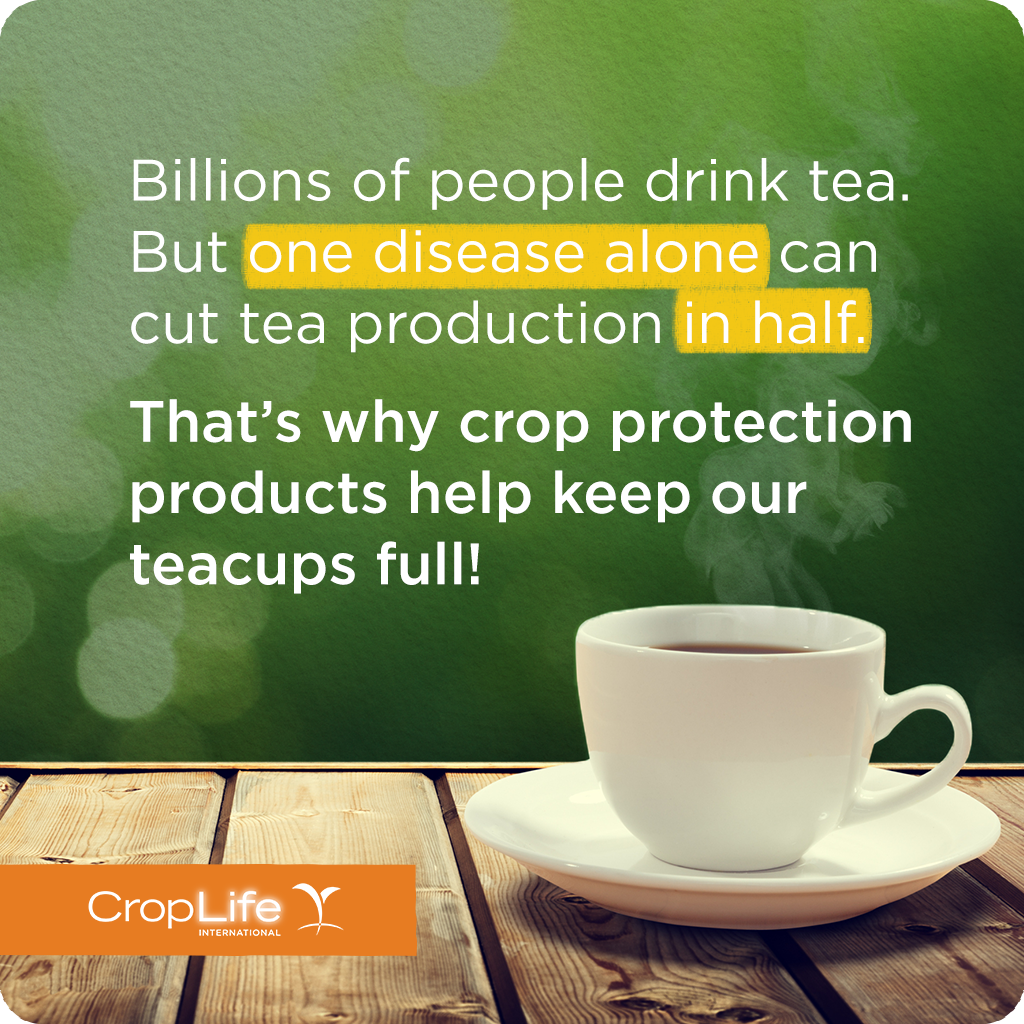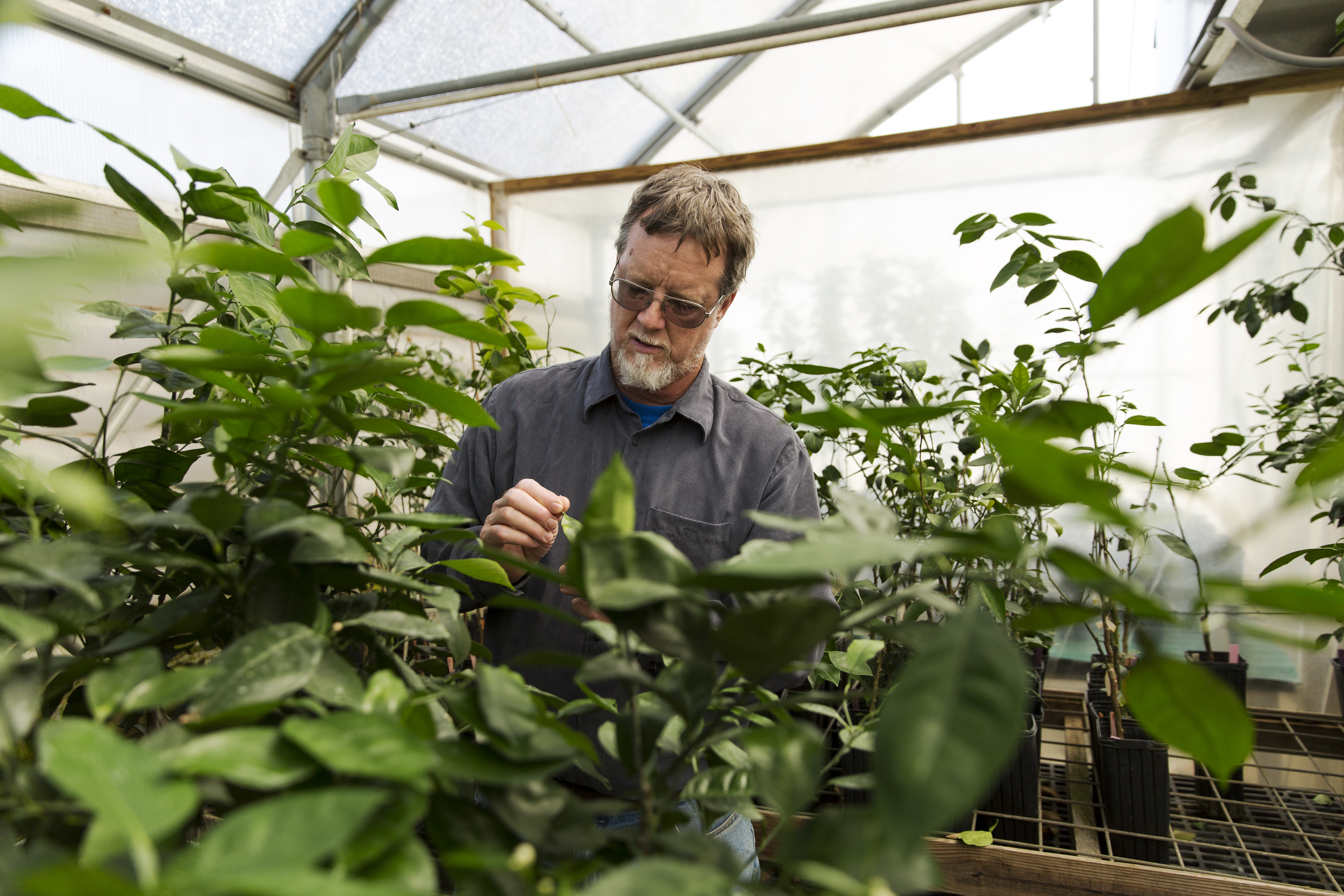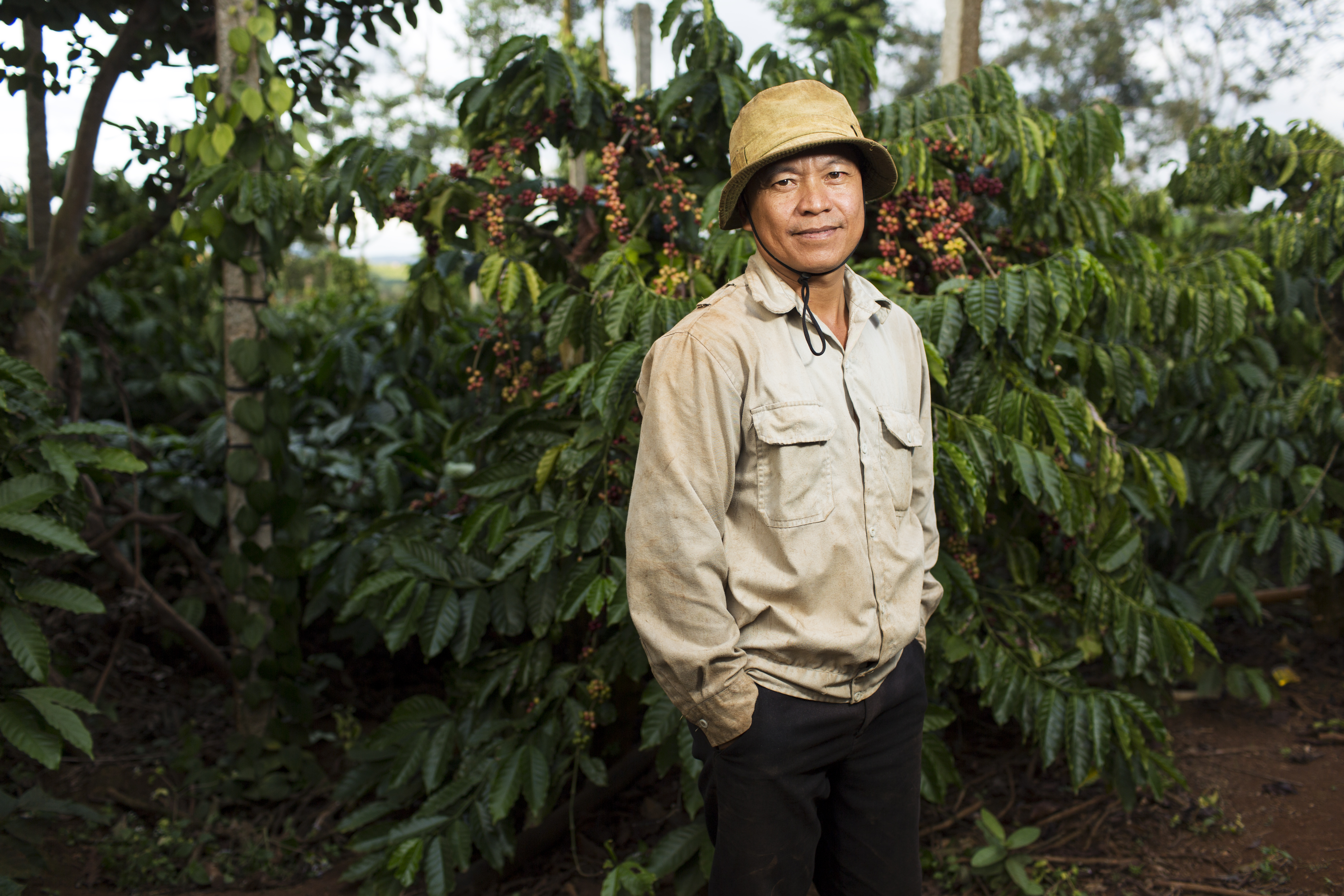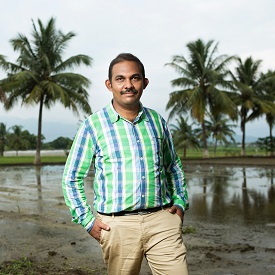In 2016 the world population 130 million people. To feed everyone, farmers had to grow a lot of extra food. Watch our video to see just how much!
Post taken from: CropLife International Plant Science Post January 2016
In 2016 the world population 130 million people. To feed everyone, farmers had to grow a lot of extra food. Watch our video to see just how much!
Post taken from: CropLife International Plant Science Post January 2016
Are you a wine lover? Visit our #FoodHeroes page to see how #plantscience helps grape farmers protect the world’s wine supply.

Beer lovers rely on hop farmers, and they rely on #plantscience! Learn more on CropLife’s #FoodHeroes page.
 26
26
By: CropLife International
Everyone knows the British love their tea – they drink a whopping 165 million cups of tea are drunk every day! But did you know that scientists and farmers have to work hard to keep tea crops healthy and tea pots topped up? Meet them here.

Article by: CropLife International
The American state of Florida has been home to commercially-farmed citrus since the mid-1800s, and today, it is a US$9 billion industry, employing nearly 76,000 Floridians. Named the Sunshine State because of the good growing weather, Florida farmers grow more than 74 million citrus trees on more than half a million acres (200,000 ha), which provides for 90 percent of America’s orange juice consumption. Any damage to the crop would have serious consequences on Americans’ vitamin C intake! Continue reading...

Article by: CropLife International
In 30 years, Vietnam has gone from producing less than one percent of the world’s coffee to producing 20 percent today. The country is now the world’s second largest coffee exporter, behind Brazil, and employs about 2.6 million people in the coffee-growing industry. With coffee now grown on half a million smallholder farms, the country attributes a large part of its dramatic reduction in poverty – from more than 60 percent in 1994 to less than 10 percent today – to the coffee boon. Continue reading…

Article by: CropLife International
Senthil Kumar, a biotechnologist at BASF’s research center in Bellathi, India, has a passion for tackling hunger and malnutrition. He explains his motivation for pursuing a career in plant science and encourages others to follow in his footsteps.

By: CropLife International
We asked plant scientists from around the world what inspires them about their job. Here’s what a few of them had to say:
Article by: CropLife International
Are you interested in a career in plant science and becoming a food hero? From research and development to working with farmers in the field, there are many interesting jobs for those wishing to pursue careers in plant science. While there are hundreds of different ways to support farmers and the world food supply, we have picked out 10 below:
Article by: CropLife International
Food and nutrition security, climate change and biodiversity loss are just a few of the major challenges facing the world today. And while farmers are on the front line to meet those challenges, plant scientists are working behind the scenes, in field trials and laboratories, to develop new tools that growers need to produce nutritious and plentiful crops under difficult conditions.